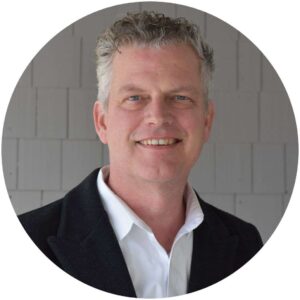“The one who has the gold makes the rules,” and “STEM is everywhere” are my primary take-aways from attending a meeting of National Science Foundation (NSF) grantees.
NSF INCLUDES is an initiative to build on and scale up what works to increase the participation of underrepresented groups in Science, Technology, Engineering, and Mathematics (STEM). The NSF convened all 69 of their NSFs INCLUDES pilot projects’ principle investigators and evaluators for a few days of information sharing and capacity building. Because Measurement Resources is the independent evaluator for a funded project (Ecological Association of American (ESA)’s Ecology Plus program), I had the privilege to attend.
A privilege is an advantage available only to a particular person or group of people. For the 200 of us at this meeting, we received the advantage of hearing from leaders of three national funding organizations (NSF, National Institutes for Health (NIH), and STEM Next) share their perspectives of winning projects and what they are looking for when they make their grants.
In the spirit of sharing, here is a summary of my key insights form these three presentations.
- Social sector organizations should be following STEM Funding. Millions of dollars are being directed to get underrepresented groups involved in STEM education and careers. This effort has direct impacts on education at all levels, economic development, and poverty reduction efforts. Great places to look for potential partners and funding sources are the NSF INCLUDES Open Forum and the STEM Funders Network.
- Partnering is critical. Grant makers are looking for multi-disciplinary collaborations. There is recognition that social change is complex and cannot occur in silos. Networking and developing strong partnerships continue to be the best path to funding (see Collaboration is King for elements of successful collaboration).
- Funders don’t want to be the only funder. Just as funders are giving priority to collaboratives, national funders expect projects to bring a mix of corporate and other foundation funders. Ron Ottinger, Co-chair of the national STEM Funders Network, reported that the most sustainable projects were those with at least one main, local funder. Before you seek a national funder, it is in your best interest to develop a local network of funders first.
- Projects should have an equity focus. Racial and gender disparities are prevalent in many sectors in the U.S. To address this, funders are looking for projects focused on leveling the playing field and ensuring that the starting line does not determine where one finishes. Therefore, projects that are using an equity lens are more competitive. These projects are analyzing the impact of internal and external processes, foundational assumptions, interpersonal engagement on marginalized and under-served individuals, and communities.
- Data-driven communities of practice are expected. Funders want to see that the project plans are supported by a data-driven engine that informs ongoing work. Good projects have measures which communicate what works, for who, and under what circumstances. This information should be collected regularly, shared back with the partners, and used for continuous improvement and development.
Knowledge is Power
Knowledge is one of the best ways to leverage the playing field. Grant makers are moving social change forward by setting different rules and funding the projects that meet these five conditions. How well is your program meeting these conditions and where could you improve? Want to learn how to get to the next level of success? Check out our upcoming Managing to Outcomes Bootcamp! In this cost-effective, virtual program you will learn everything you need to better measure and communicate your impact. Contact us today to schedule a call to explore if this is the best program for you and your organization.





